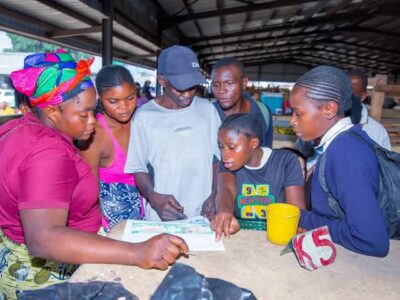ZESCO has assured customers of a stable seven-hour power supply, conditional on the approval of its emergency tariff adjustment by the Energy Regulation Board (ERB).
The power utility made this commitment during a public hearing held at Mulungushi International Conference Centre in Lusaka on Monday.
Managing Director, Victor Mapani, stated that the proposed tariff increase would allow the company to raise US$15 million monthly to import 300 megawatts (MW) of electricity.
Read More : Mixed reactions as ZESCO seeks emergency tariff hikes
“ZESCO’s ultimate goal is to add 788 MW of power to the 400 MW it currently imports from South Africa, Mozambique and Zimbabwe,” Mapani explained.
ZESCO initial tariff adjustment request was denied by the ERB, but the company had since resubmitted its application.
Several stakeholders in Lusaka expressed support for ZESCO’s proposal during the hearing.
Mark O’Donnell, representing the Business Coalition Task Office, noted that ZESCO’s tariffs were more affordable than diesel generators, which many households and businesses had resorted to due to Zambia’s energy challenges.
He emphasized the coalition’s support for the tariff hike but urged ZESCO to ensure efficient use of resources.
Ashu Sagar, President of the Zambia Association of Manufacturers (ZAM), raised concerns about ZESCO’s inconsistent load-shedding schedule, which had disrupted production planning and increased costs in the manufacturing sector.
ERB Board Chairperson, James Banda, announced that the board would make an independent decision on ZESCO tariff adjustment request on Thursday, with no political influence.
WARNING! All rights reserved. This material, and other digital content on this website, may not be reproduced, published, broadcast, rewritten or redistributed in whole or in part without prior express permission from ZAMBIA MONITOR.












Comments